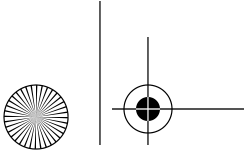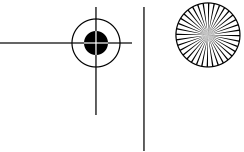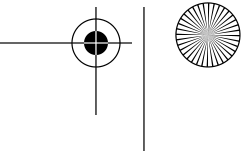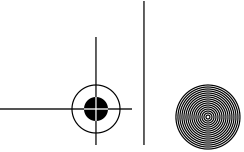But prior oracle they did not support the use sql expressions

|
|||
|---|---|---|---|
| 156 |
|
|---|
Writing Your Own Functions
| This is the Title of the Book, eMatter Edition | ||
|---|---|---|
| Copyright © 2001 O’Reilly & Associates, Inc. All rights reserved. | ||
 |
| 157 | |||
|---|---|---|---|
|
| To get the minimum price for a given page count, you need to find the row with | ||
|---|---|---|
| the highest page count that is less than or equal to the number of pages in the | ||
| book. For example, any page count from 400 to 499 carries a minimum price of | ||
| $34.95. At 500 pages, the minimum price jumps to $39.95. The following stored | ||
| PL/SQL function takes current price and page counts as parameters, queries the |
price_page_threshold table, and returns the greater of the current price or the mini-mum price:
CREATE OR REPLACE FUNCTION price_check
(price_in NUMBER, pages_in NUMBER)
RETURN NUMBER IS
min_price NUMBER;
BEGIN
/* Retrieve the mininum price for the number of pages in question. */ SELECT ppt_min_price INTO min_price
FROM price_page_threshold
WHERE pages_in >= ppt_pages
AND ppt_pages = (
SELECT MAX(ppt_pages)
FROM price_page_threshold
WHERE pages_in >= ppt_pages);
| This is the Title of the Book, eMatter Edition | ||
|---|---|---|
| Copyright © 2001 O’Reilly & Associates, Inc. All rights reserved. | ||
 |






